
Discover more from Jeffrey Rickman’s Substack
Methodist Nature: Obedient With Conditions
Why the Methodist countercultural message is explicitly exclusive
With the formation of the Global Methodist Church, a reclaiming of the Methodist heritage is in order. Many voices are submitting ideas with respect to the particulars of Methodist identity. I have my own thoughts, which are being spelled out in a series of articles. This is the eleventh of at least twelve. You might read my introduction to this series first in order to know how I have thought through this project and why I care about it.
Personal Disclaimer
This one is the hardest one for me. I am an American. My natural disposition is hyper-individualistic. While I hate conflict, I am also not as afraid of it as most, and I often find it more necessary than others. Serving alongside fools is harder for me than most. Letting go of connections is easier for me than most, and I can make most things work okay on my own.
I spent a lot of my younger years in the office at school, bucking authority, talking back to instructors, insisting on doing things my own way.
These are things that once gave me pride. However, as I have come to understand my own fallen nature more over the years, it is terrifying to me how easily I have been able to rebel, to reject, to push people.
The risk of confessing these things publicly is that, as I continue to serve as a contrary voice at times, detractors will easily dismiss what I have to say as the rantings of an innately rebellious man. I confess these things, not to make it easier to dismiss me, but to acknowledge that I am struggling against my nature.
The Struggle
My struggle, of course, is to submit. I like to be in control. I’m good at it. When things go wrong, I have nobody to blame but myself. I know a lot of my limits. I like going at my own pace, doing my own quality of work, and succeeding by my own merits.
Except part of the reality is that I have no “success” outside of Christ. He prospers the work of my hands. He teaches my hands to war, to bless, to foster, to love, to build. I can do no good thing outside of him. When I do something good, it is not I who does it, but him.
Were it not for my Lord, I would have no tools to build with, no air to breathe, no people to serve, no beating heart or loving hands. While my sin nature wishes to glorify myself, growing these healthy children, raising these healthy chicks into chickens, growing and spreading order in my realm…the reality is that all glory belongs to God. There is none for me. I must decrease that he may increase in my life.
He has tolerated my willfulness for a long time. I am living on borrowed time. God, help me!
No Denial
Denial and avoidance are powerful forces in human nature. It is actually amazing the degree to which we can delude ourselves so that we do not have to deal with reality. Humans are naturally self-justifying creatures. Avoidance and denial enable this natural inclination. That is why David prayed, “Lord, protect me from hidden faults!” (Psalm 19:12) That is why we need the scriptures to tell us what we don’t want to hear, the Holy Spirit to validate the message and convict us, and the church to admonish and encourage one another as we watch over one another in love.
One of the unavoidable realities in scripture is that my right relationship with God is expressed in submission to other humans. “Submit to one another out of reverence to Christ,” Paul wrote in Ephesians 5:21.
With respect to state authorities, we are told:
“Everyone must submit to governing authorities. For all authority comes from God, and those in positions of authority have been placed there by God. So anyone who rebels against authority is rebelling against what God has instituted, and they will be punished. For the authorities do not strike fear in people who are doing right, but in those who are doing wrong. Would you like to live without fear of the authorities? Do what is right, and they will honor you. The authorities are God’s servants, sent for your good. But if you are doing wrong, of course you should be afraid, for they have the power to punish you. They are God’s servants, sent for the very purpose of punishing those who do what is wrong. So you must submit to them, not only to avoid punishment, but also to keep a clear conscience.
Pay your taxes, too, for these same reasons. For government workers need to be paid. They are serving God in what they do. Give to everyone what you owe them: Pay your taxes and government fees to those who collect them, and give respect and honor to those who are in authority.”
- Romans 13:1-7
This is particularly hard for me. I’m one of these doomer optimists. I believe large federal state power has aligned with big corporate and globalist forces to manipulate the populace against one another so that they can consolidate power at our expense. I believe the powers of this world are against my Lord, and that my complicity with their continued reign covers for evil, definitionally. Even so, I confess that the darkness cannot comprehend the light, that God is on his throne, that nothing can thwart his plans nor take me from his hand.
Satan thinks he can work against God, as do the powers, principalities, and forces of spiritual evil. Yet God is Sovereign. They are not a threat to him, nor to me if I am born again. Here is how God feels about these state powers that seek to advance their own plans:
“Why are the nations so angry?
Why do they waste their time with futile plans?
The kings of the earth prepare for battle;
the rulers plot together
against the Lord
and against his anointed one.
“Let us break their chains,” they cry,
“and free ourselves from slavery to God.”
But the one who rules in heaven laughs.
The Lord scoffs at them.
Then in anger he rebukes them,
terrifying them with his fierce fury.”
- Psalm 2:1-5
Worldly powers are unjust. For many years, I confessed that the waters of baptism purchased me to “resist injustice and evil in whatever forms they present themselves.” This was the impulse that made me a social justice warrior in my earlier years. It is the impulse that threatens to take away my trust in the Lord, working to conform the world to my own notions of how it should operate. Submitting to my government, the state, in those ways that do not compromise my faith, is a daily exercise in self-denial at times.
The Church
It would be nice if the church did not mirror the world’s problems. Yet we are living in a time during which we cannot deny the rampant sin that has overtaken almost every sect of Christianity. When I was in high school, the reality of frequent sexual abuse among Roman Catholic priests became well-known. Almost every Christian denomination practices willful ignorance of biblical truth and the call to holiness. Some worse than others. My mind instantly goes to the recent scandal with Steve Lawson, or the developments around Ravi Zacharias.
The Methodists haven’t been unscathed. A bishop of the United Methodist persuasion named Finis Crutchfield was able to lead a double life, serving as a bishop for many years while going to gay clubs and sexually harassing younger male clergy. In more recent years, Bishop James Dorff had to resign because it was discovered that he was committing adultery.
The obvious subtext of this particular issue right now is that church leadership betrayed ultimate trust in my former denomination, the United Methodist Church. Bishops refused to protect the shared covenant between us and instead worked to subvert it. They turned on the very people who obeyed the scriptures so as to advance a worldly agenda. These sorts of things do untold damage to the church.
Even so, we are told “Obey your spiritual leaders, and do what they say. Their work is to watch over your souls, and they are accountable to God. Give them reason to do this with joy and not with sorrow. That would certainly not be for your benefit.” (Hebrews 13:17) The biblical understanding seems to be that we are called to submit, not just to Jesus, but to those whom he has commissioned to lead his church.
What is at stake here is the nature of the church. Is it just a social club, or is it ‘the pillar and foundation of the truth?’ If it is just a social club, then everyone can do what is right in his own eyes, but if it is the body of Christ, the bride of Christ, then our proper posture toward the church is one of submission. Even, and especially, when it compels us to think about or do things that we are not naturally inclined to.
It is important to remember that we cannot save ourselves. Jesus doesn’t need us. His church doesn’t need us. But we need the church. It is Christ’s plan for our salvation. There is no other. We have to band together in mutually-accountable covenant community for the sake of our own souls, lest Satan pick us off one by one. In that sense, I do believe quite literally that there is no salvation outside of the church. I think those who imagine themselves to be doing just fine outside of a submissive relationship to a covenant community of faith are deeply and dangerously wrong.
If we have to be with one another, then we cannot follow our own consciences. Rather, we have to submit to one another out of reverence for Christ. And someone has to lead. We don’t all have a direct line to Jesus as he barks out marching orders. Rather, churches exist under the authority of an elder or group of elders who may or may not be connected to a larger covenant body. These elders have to lead, and they cannot do that if everyone is following their own hearts. Rather, the people have to willingly submit and obey. Moreover, their elders have to submit to the authority over them. No man lives outside of submission. In the end, every knee will bow. Those who refuse will be broken.
A Truth We Forget
Something that is worth remembering is that God will not judge anyone for giving money to a poor person who uses it on drugs. A man who loves his wife while she cheats on him will not be condemned at the judgment seat. A woman who stays enslaved to an unjust slave master is not stained by the act. A man who pays taxes to a wicked government will not be reprimanded. And those of us who submit to sinful leadership within the church will similarly not be judged.
It is not our job to insist upon justice this side of heaven. Rather, “vengeance is mine, says the Lord, I will repay.” (Rom. 12:19) It is not our job to conform everyone coercively into God’s plan as we understand it. It is rather our job to shine as stars in a dark and dank world. We do that by loving one another, by caring for the poor, by attending upon all the ordinances of God, especially the sacraments.
In America, we justify ourselves in our violent responses to injustice. We are a nation founded upon bloodshed for the sake of worldly freedom. Look at how we are using this freedom now, by the way. We perpetuate cycles of hatred and violence, every generation believing it will forcibly set right that which was made wrong by the previous generation. Moreover, we make fools of those who learn to live with injustice in the world, who learn not to be bothered by the unfairness of it all. Yet, when one has a perfect Judge and Father, who will perfectly make all things right in the end, the only right way to feel is AT PEACE.
I need help.
The Methodist Angle
This is an article in a series on Methodist Essentials. What does this have to do with Methodism? Well, as I understand it, this topic is a theme throughout Methodist history.
Remember that Methodism began as a revival and renewal movement within the Church of England. John Wesley served as the de facto leader all his life. As the leader, he bucked authority in some pretty brazen ways. The most famous story is when a bishop corrected him for operating outside of his parish. In response, Mr. Wesley said, “I look upon all the world as my parish; thus far I mean, that, in whatever part of it I am, I judge it meet, right, and my bounden duty to declare unto all that are willing to hear, the glad tidings of salvation.”
In modern Methodism, the denomination in which I serve can charge a clergyman for interfering in the ministry of another. This is exactly what John Wesley was violating: he was operating in the jurisdictions entrusted to other clergy. Rather than receiving correction, he very directly contradicted it and insisted upon his right to do as he saw fit. I always wondered why it was that they tolerated him after that.
Even so, Mr. Wesley brooked no rebellion in his ranks once he became the head of a methodically-arranged movement. While he allowed a degree of dissent, he was also willing to show people the door when they refused to obey his leadership. Later, when Francis Asbury similarly headed up the American strain of Methodism, leadership was similarly intolerant of significant dissent. Laity were routinely denied a seat at the table to be represented when decisions were made. Clergy were routinely denied as they sought better living conditions, longer-term appointments, or lower standards of reading and discourse. Many a leader split away to start their own church or denomination because of the intransigence of Methodist leadership for over a century.
It is only recent Methodism, say, in the late-1900s, that has allowed for the level of dissent that we have seen within our denominations. It isn’t entirely clear that this has been a good thing. Those who make the case for authoritarian leadership in the church are not as crazy as they might seem…
It is not a complicated analysis I offer here: Methodism only worked for a century because the people submitted to leadership and because the leadership, by the grace of God, was worthy of submission. When people began rebelling more, and when the quality of the superintendency declined, Methodism lost the power of the Holy Spirit.
In a sense, leadership stands in the line of the apostles. Leaders need to be able to lead against the willfulness of churches. Heck, how many New Testament letters are dealing with the problems of willful local laity? Appeals are frequently made to authority church leadership carries directly from Christ himself. The clear expectation is that members of the flock of Christ submit and obey. This comes into clear focus when one reads the stories of Moses and the Israelites in the wilderness. The grumblers, the ones who appeal to their own authority, are always the bad guys. Just read the story of Korah’s Rebellion (Num. 16) and tell me that democratic movements are a good thing in the church.
The notion that the church can be led by the people, rather than anointed leadership, is a very new phenomenon. It has resulted in the plethora of splits we have seen in the church for a couple of centuries now. This notion that God’s will can be determined by the people, first articulated in the modern era by Paul Tillich, was the very notion that led to the churches of Germany in the Third Reich thinking that they could, by right, change the clear meaning of scripture. We like to poke holes in episcopal denominations (those with top-down leadership from bishops), but we can often forget that democratic bodies can be just as bad, if not worse.
This awareness is what undergirded the clarity that both Wesley and Asbury regularly showed. I recently had a friend read Francis Asbury’s journals. He remarked, “I had no idea that his time in ministry was marked by constant struggle and rebellion. At every stage of his ministry, there was always someone attacking his character, his motives, his strategy.” He kept pushing, insisting on the right way, leading against all opposition. Many left. He stayed faithful. That is why we remember him fondly today.
Even so…
We live in this time when the church has been falling apart for centuries. In recent decades, leaders at every level of the church, in every denomination, have been exposed for serious abuses. Men and women who claimed to be sanctified were caught in grievous sin, doing great harm in the name of Christ. Is the clear biblical narrative that we should simply continue to let evil leadership take over the church? I have a hard time accepting that conclusion.
Rather, it seems to me that the purity of the church is safeguarded, not just to church leadership, but to all members of the church. Leadership has to be able to lead. The sheep should follow. Even so, the sheep should not be compelled to participate in or support evil. If deferring to authority means disobeying God, then we do not have a workable situation.
In the weeks following Jesus’ death and resurrection, the apostles, after receiving the Holy Spirit at Pentecost, began preaching about the God-man who had been murdered, doing many wondrous works in his name. The people who killed Jesus soon arrested them and compelled them to testify in the same setting that resulted in the death of their master. They refused to back down: “We must obey God rather than men” (Acts 5:29), they boldly answered. We will not obey you, they were saying, for you are compelling us to live differently than our Lord commanded us. That is why we are warned against the ‘traditions of men’ by Jesus himself (Mark 7:8) and later by Paul (Col. 2:8). We are expected to have basic discernment to see when a leader, religious, political, or otherwise, is compelling us to disobey God. In such circumstances, we must refuse.
Yet there are many times when the leadership of another is not flagrantly evil, nor are they compelling followers to sin, but they are simply wrong, or uncompelling, or they made a mistake. It is hard to suss these things out. We have to be able to divide when the faith is being compromised, but we should never divide unless absolutely necessary. Looking back at the last couple centuries, I am inclined to say that we have been too ready to divide.
The Modern Predicament & A Solution
We cannot pretend that we live in a previous time when the sins of the church were not known. Modern Christians cannot refuse to care about the righteousness and leadership of our leaders, bishops or otherwise. We are called to be sober and vigilant in our lives. Scripture routinely calls us to this ethic. This is not to be selectively applied to everyone and everything outside of our denominations. Rather, Christ hated those self-justifying hypocrites who justified themselves while harshly assessing others. The distinctly Christian challenge is to expose our own beloved church to the highest levels of scrutiny. It is an act of love to do so, to “watch over one another in love,” as the early Methodists did. To hold one another accountable.
I think accountability is the answer to this problem. There were times in the past when leaders could defer to their offices and demand the respect and authority that came with it. I think those days are over. The trust has been betrayed too many times. To expect that level of thoughtless lack of concern is not only unfair, but ridiculous. The church is required, at all times, to be able to give an account of itself. To refuse to do so, to be defensive in the face of a call to do so, evidences a worldly and unholy way of handling authority.
My call on my podcast has routinely been for accountability, transparency, and vulnerability. These three things are connected. I have called upon leadership, and I will continue to call, for these three things in extreme measure. I believe in a Christian faith that calls all things out into the light, that operates publicly for all to see (cf. Matt. 5:16).
Francis Asbury, autocrat as he was, was also beyond suspicion. I say that not because of the virtue of his office or the way he threw his weight around. He wasn’t like so many leaders today. Rather, I say that because all his life was lived in public view. He was the most recognizable man in America at the time. He never owned his own home, staying instead with hosts wherever he lived. He did not claim his right to privacy, nor did he insist on conducting business in the dark. The list of charges one could level at him were limited, as any lie could be refuted by eye witnesses. I think modern leadership would be wise to consider his example.
If the church is to be hierarchical and episcopal in structure, and it is, then it is incumbent upon our leadership to exercise accountability, transparency, and vulnerability with the body. That means our leadership should survive based, not upon an illusory perfection, but on an earnest vulnerability to correction from the Lord and his people.
Yet those are not the only obligations in the church. Rather, the sheep are called to actually stick together and follow the direction of those entrusted with authority. There are no lone wolf Christians, no “holy solitaires,” as John Wesley referred to them. There are only sheep and goats. We are trying to be sheep. Sheep stick together and follow the Good Shepherd, who has delegated his authority to overseers.
As our overseers lay themselves bare before us, pour themselves out for us as Christ does for his church, allow us to learn from them by watching their way of life and seeing the work they do, then WE ARE CALLED TO FOLLOW. This is hard for me. This requires a death to myself and walking in newness of life. Though I have been betrayed and disappointed a hundred times before, I am still called to submit and obey. There is no other way.
Recent publications in the Global Methodist Church, the denomination to which I belong, have called on everyone to trust one another and our leadership. I do not think that is a scriptural exhortation. Rather, I submit that it is the obligation of responsible Christian leadership to lay themselves bare before us and trust us with access to their work. In answer, I would call upon all clergy and laity to joyfully submit to our godly leadership. Even while doing this, I would call for us to summon the energy we lacked in the UMC to hold our bishops accountable to our shared covenant, and to quickly and efficiently remove them from office if they show themselves unwilling or unable to fulfill their task. If they work in the sight of everyone to protect our covenant, then we should be willing to pluck out our own eyes and give them if needed (Gal.4:15).
This last week, six new bishops were consecrated to leadership in my covenant body. I already know that some of them see me as a deluded fool. I already know that I strongly disagree with a couple of them about what Christian leadership should look like. Even so, I cannot condition my submission on agreeing with them about every little thing. I am going to submit to each of them, pray for them, seek to bless them and add to their ministries. My sincere hope is that, in expectation and validation of this obedience, the new leadership of this new body will leave behind the tradition of hoarding and secrecy that was seen in our previous tribe. I hope they joyfully share the information and access they have, that they share responsibility for the success of their ministries, and that they joyfully welcome all people in our covenant body to watch them, to scrutinize them, to prayerfully respond to their persons as they seek to serve in the seat of Christ over his church.
My hope is that, if the Global Methodist Church is able to faithfully practice this ethos between those at the top and bottom of our hierarchy, we will be a unifying force among the world’s denominations. We are already established in something like 25 countries. Dozens of denominations are seriously contemplating joining us. If we fail in this challenge, if our bishops refuse to be vulnerable or if our people refuse to be obedient, then this will all become rather secular and mundane pretty quickly. But if we can work out the balance that is required in this present moment, then I believe we can do a lot to be a part of the fulfillment of Jesus’ high priestly prayer:
“My prayer is not for them alone. I pray also for those who will believe in me through their message, that all of them may be one, Father, just as you are in me and I am in you. May they also be in us so that the world may believe that you have sent me. I have given them the glory that you gave me, that they may be one as we are one— I in them and you in me—so that they may be brought to complete unity. Then the world will know that you sent me and have loved them even as you have loved me.
- John 17:20-23
Lord, hear my prayer!






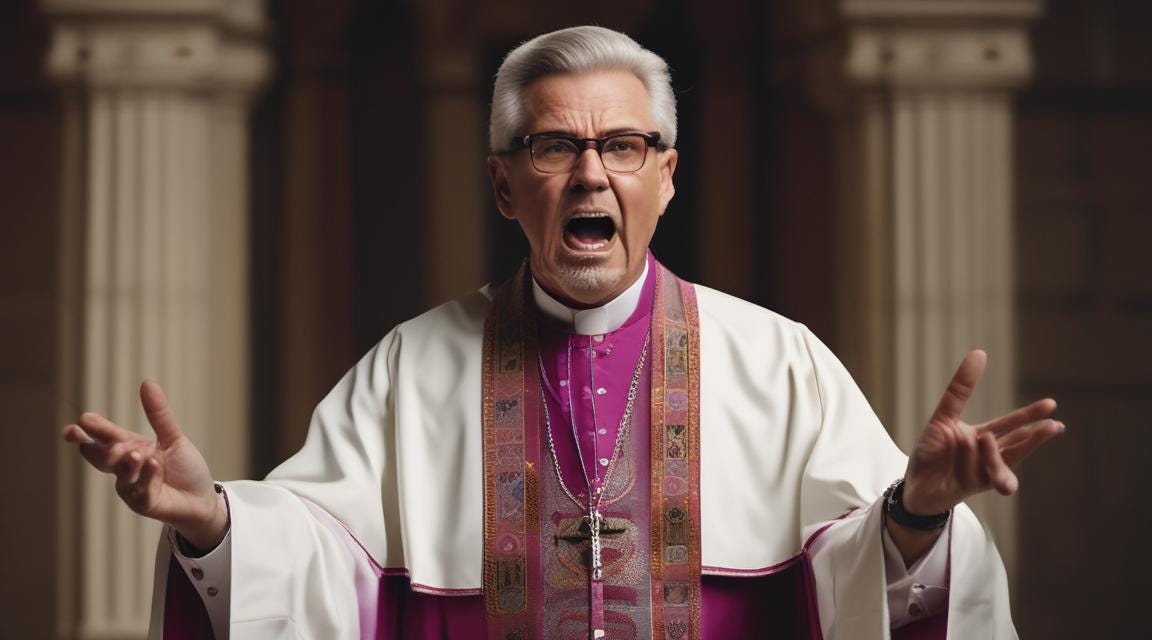
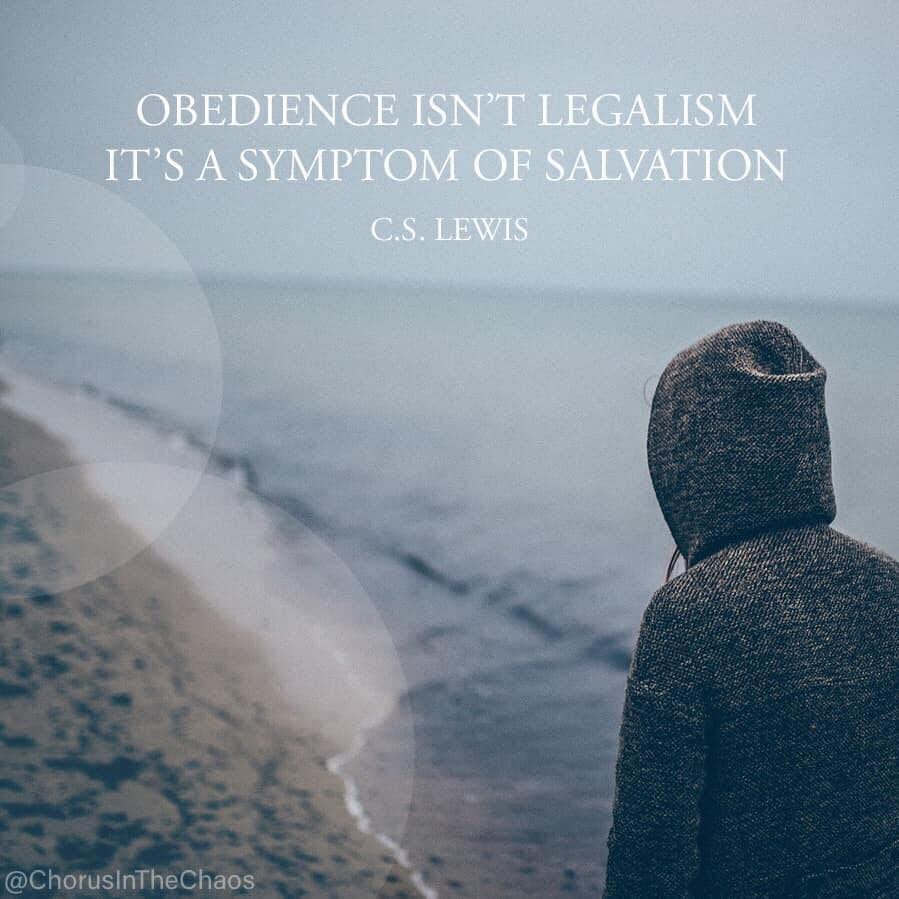


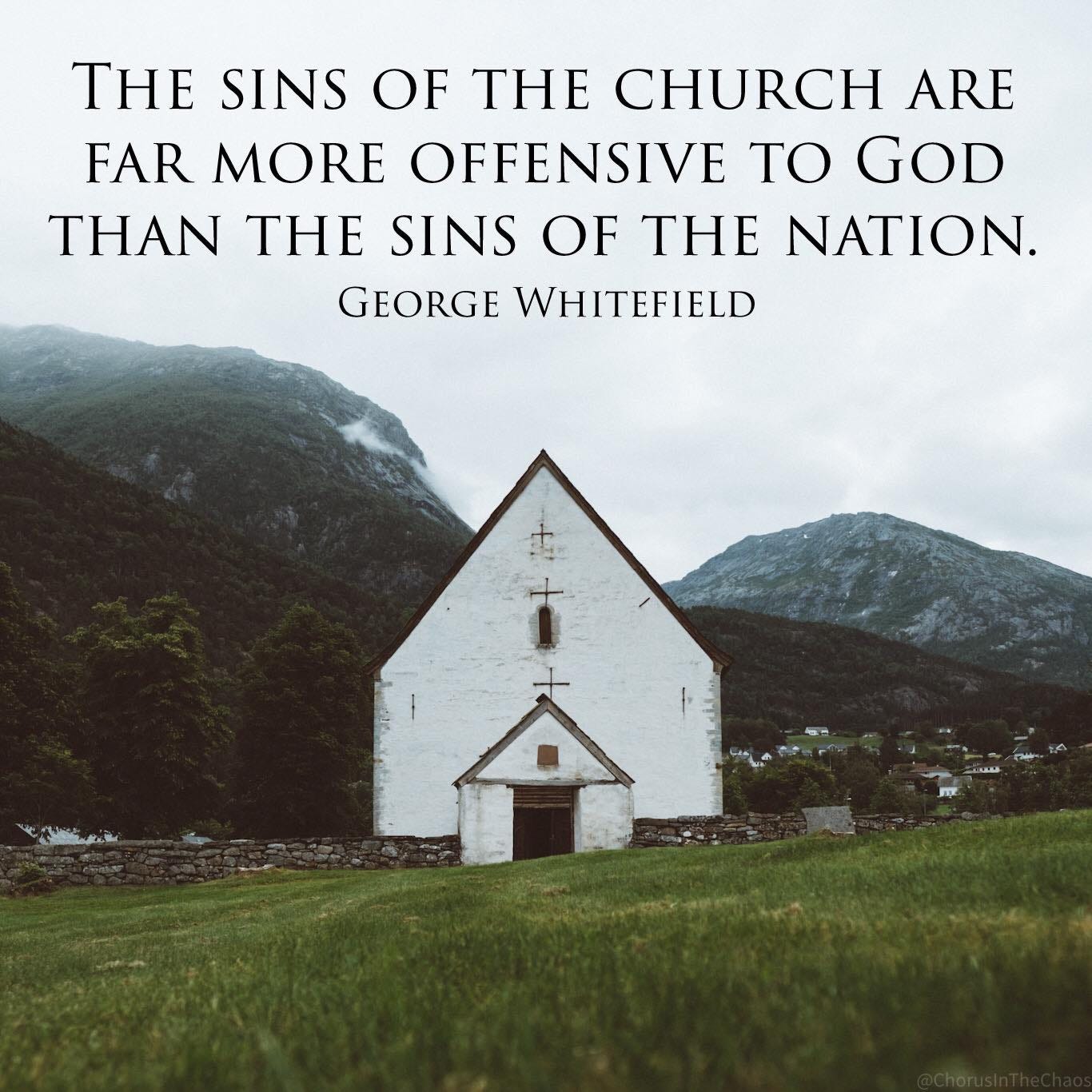
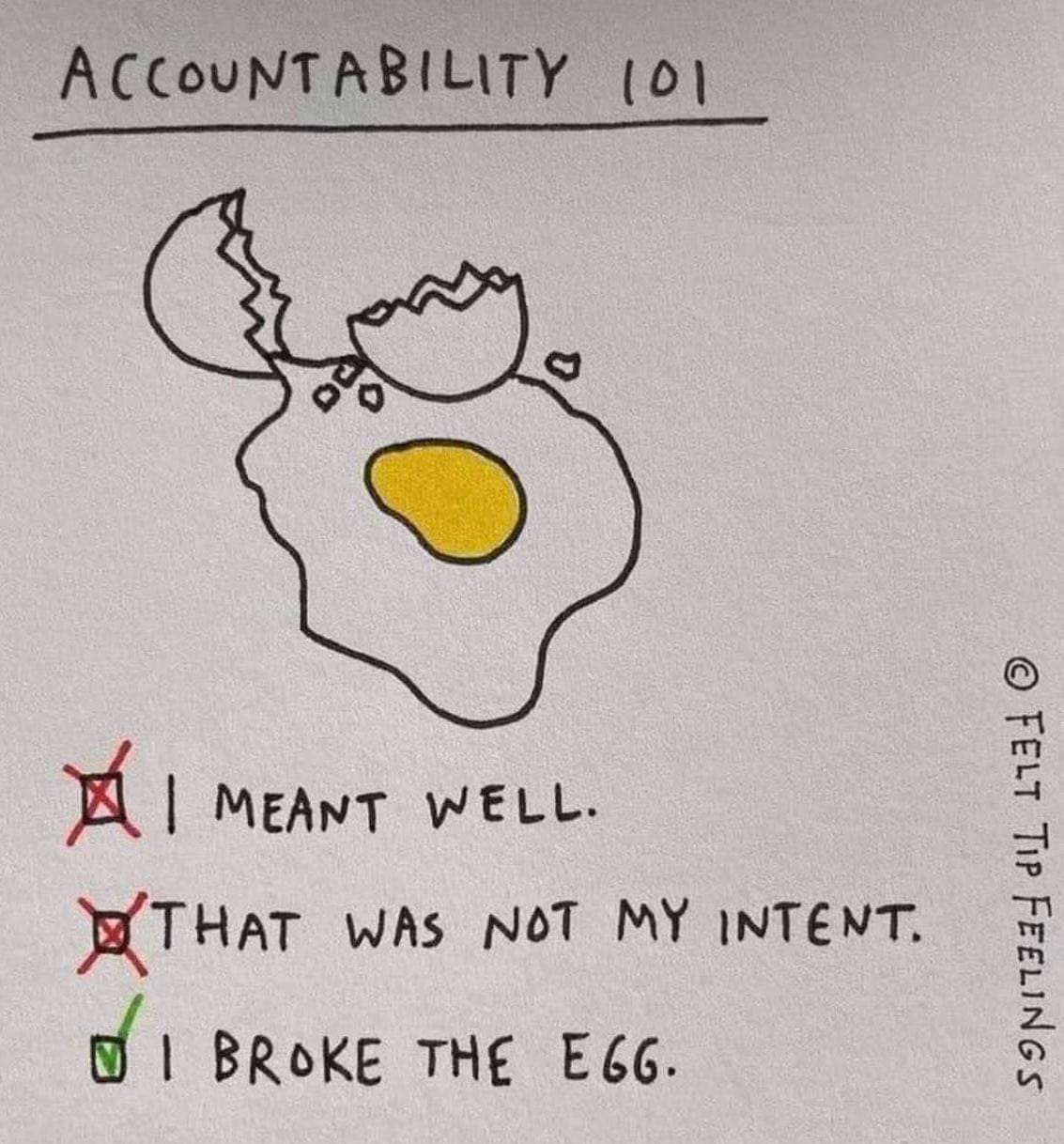
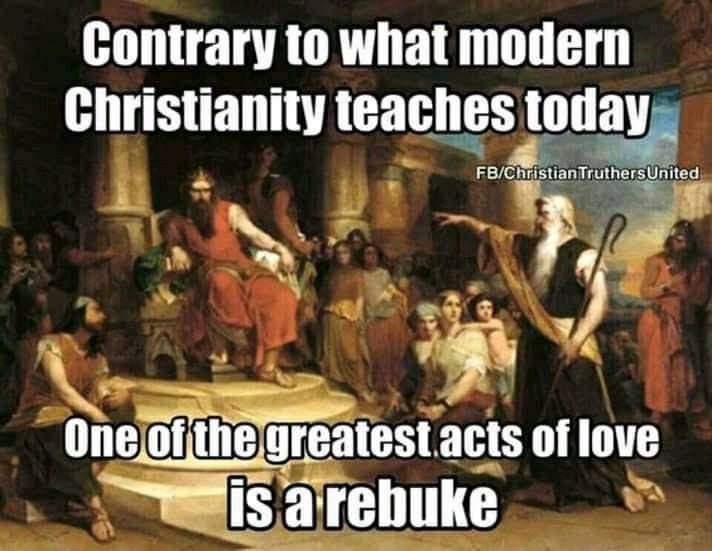











Thank you Jeffrey for your kind and thoughtful response of which I am in agreement, although it is difficult sometimes when accusations of being judgemental creep in from within and without. I also appreciate your clarity around these issues so I have more peace about my decision. I have been relying on you as a source of Godly human wisdom, reason, and encouragement. An answer to prayer has been my husband’s willingness to attend a PCA church I visited near us. It was wonderful to be able to worship beside him after more than three months! God Bless You & Your Family.
I am glad you mentioned Steve Lawson and Ravi Zacharias as examples of fallen leaders. As you said, Christian leaders do damage when they preach the Bible and behave contrarily. They are labeled as hypocrites by non-believers. They become a reason for avoiding Christianity and church. Leaders are not stupid but they sometimes start to believe in themselves and their positions and authority to the point that they believe Satan's lie. Jesus warned about the flesh. He said that anyone who "hates his brother has committed murder in his heart" and "he who lusts after a woman has committed adultery." We are always being tempted. Leaders must be constantly on their guard against the pride that can lead them to fall. When they do fall, how terrible a fall it can be.